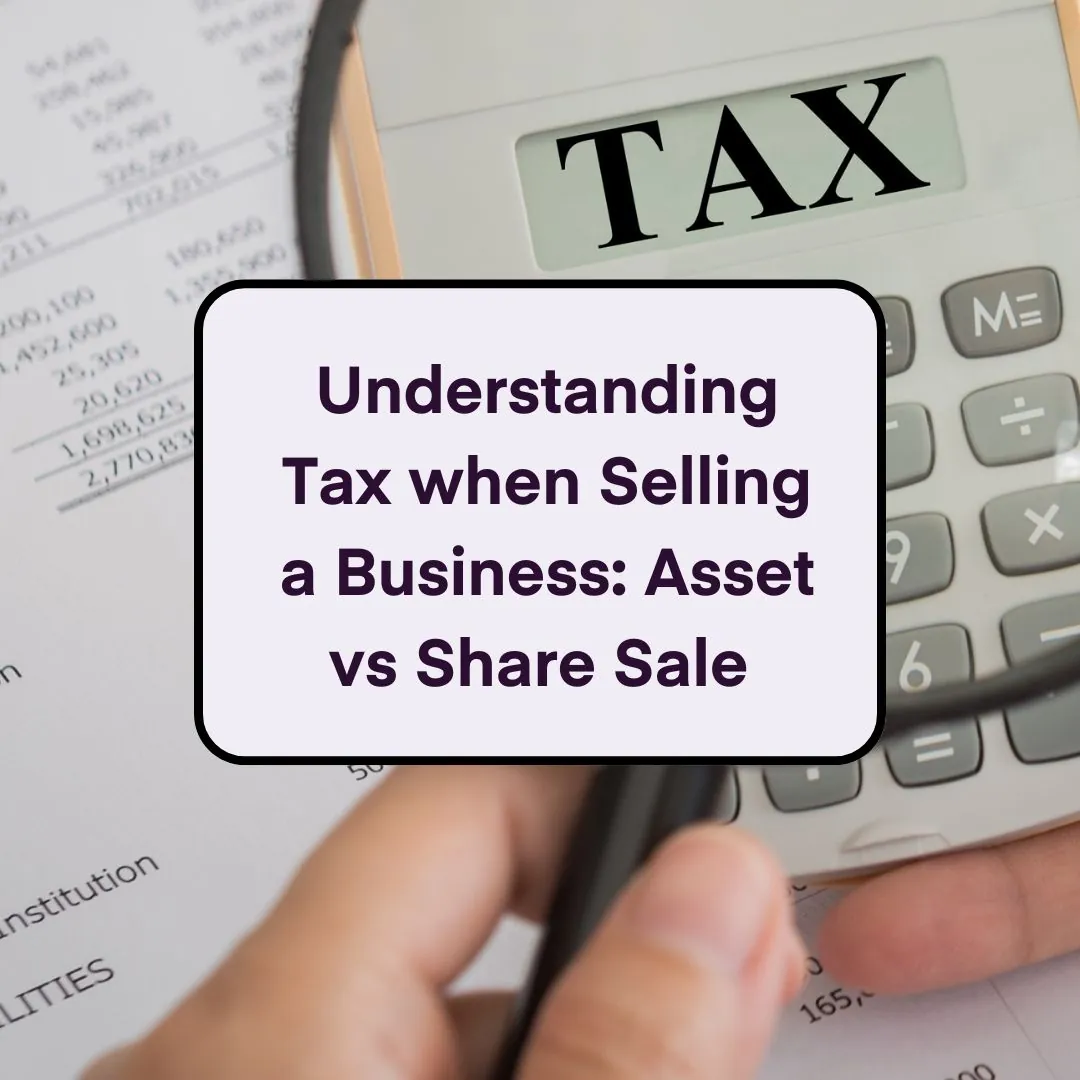
Which country has the highest tax rate
3 Feb 2016Which country has the highest tax rate? 1966 was the year UK celebrities ran for their lives as the whopping 95% supertax rate was imposed by Harold Wilsons Labour Government.
Mick Jagger fled to France and John Lennon legged it to the United States while his Beatles comrades penned a song entitled the Taxman to express their disgust at the sky high charge but even now with the UK’s top tax band being less than half of that the subject of tax still raises hot debates amongst UK citizens.
Here we take a look to see if we really are moaning for a reason, are we really are amongst the worst off when it comes to the most taxed earners in the world?
Prominent Frenchman and actor Gerard Depardieu famously quit France in 2013 refusing to fall foul of President Francois Hollande’s plans to tax all of those earning 1million or above by 75% and he wasn’t the only high roller up in arms. The policy was disallowed by the courts in 2012 who said it was unconstitutional but Hollande being Hollande, on record as saying he “didn’t like” the rich, amended it so that the employer became liable to pay it.
However, where in France it is unappealing to be a millionaire (from a tax point of view of course) they are still better off than those in the UK on an average “high salary”.
Pricewaterhouse Cooper have calculated the numbers for the best and worst off G20 nations for
By proportion of salary taken home per country the result are as follows –
- Italy - 50.59% (takes home $202,360 out of $400,000 salary)
- India - 54.90%
- United Kingdom - 57.28%
- France - 58.10%
- Canada - 58.13%
- Japan - 58.68%
- Australia - 59.30%
- United States - 60.45% (based on New York state tax)
- Germany - 60.61%
- South Africa - 61.78%
- China - 62.05%
- Argentina - 64.02%
- Turkey - 64.64%
- South Korea - 65.75%
- Indonesia - 69.78%
- Mexico - 70.60%
- Brazil - 73.32%
- Russia - 87%
- Saudi Arabia - 96.86% (so you take home $387,400 out of the $400,000 salary)
These calculations are based on earners with who are married with 2 children, with a mortgage and a salary of $400,000 (£240,000) but what about the ordinary earners?
dir="ltr" While it’s not easy to calculate comparable tax rates an analysis on average salaries has been conducted by the Organisation for Economic Cooperation and Development. Plugging these average salaries into the same calculations places the UK in the middle of the field. dir="ltr"- Denmark - 34.8%
- Austria - 31.9%
- Belgium - 31.8%
- Finland - 29.4%
- Netherlands - 28.7%
- Greece 26.7%
- UK - 24.9%
- Germany - 21.3%
- OECD average - 19.6%
- USA - 10.4%
- Korea - 10.2%
- Slovak Republic - 10%
- Mexico - 9.5%
- Chile - 7%
- Czech Republic - 5.6%




















